Social media has stealthily become interwoven in our daily activities. Increased access to smartphones/gadgets and ubiquitous user-friendly applications have made it easy to connect with others with a mere swipe. These applications are designed to encourage maximum ‘dwell time’ (average time spent on the website/application), stretch ‘scroll depth’ (how far down the webpage is viewed), minimize ‘bounce rate’ (how fast users navigate away from a website), and reduce time between visits.
To promote constant access to social media, these applications provide variable interval reinforcements (new content) complemented by classical conditioning cues (notifications). With so many indulgences at the finger tips, ‘sofalizing’ (a combination of ‘sofa’ and ‘socializing’) is increasing becoming the norm of our society.
Endeavors of social media developers bear fruits and many users succumb to social media addiction, which is an obsessive pattern of social media use that impairs daily functioning.
Research shows that social media addiction poses a threat to users’ physical, mental, and relationship well-being. Even otherwise, the apparent sedentary life style and poor posture adopted by social media users have contributed to conditions such as text neck, back pain, obesity, stiff muscles, sleep problems, depression, anxiety, isolation, stalking, low academic/job performance, low creativity, aggressive behavior, mood changes, and addiction.
In my research, I examine factors that are associated with social media addiction to caution users of the looming threat to their general well-being. In one study, my colleague and I found that there is a positive relationship between mental illness and social media addiction. Notwithstanding the lack of clarity about whether mental illness increases the propensity towards social media addiction or vice versa, it is important to recognize that both conditions are debilitating. Interestingly, online infidelity behaviors (cheating on spouse) surfaced as intermediary between mental illness and social media addiction. In other words, the road between mental illness and social media addiction involves passing through infidelity behaviors. Infidelity behaviors in and of itself are detrimental to romantic relationship functioning.
In light of the research, it is pertinent that social media users remain extra vigilant about online behaviors/interactions that can cross the line from innocuous messages into flirting and ultimately infidelity. Taking proactive steps such as setting boundaries regarding acceptable or unacceptable online behaviors can protect the primary relationship.
For Further Reading
Abbasi, I. S., & Dibble, J. (2019). The role of online infidelity behaviors in the link between mental illness and social media intrusion. Social Science Computer Review, 1-14. Advance online publication. doi: 10.1177/0894439319857079
Johnson, J. (February, 2020). Negative effects of technology: What to know. https://www.medicalnewstoday.com/articles/negative-effects-of-technology



[…] https://mindfulrelation.com/social-media-addiction-among-mentally-ill-could-infidelity-hold-the-answ… […]